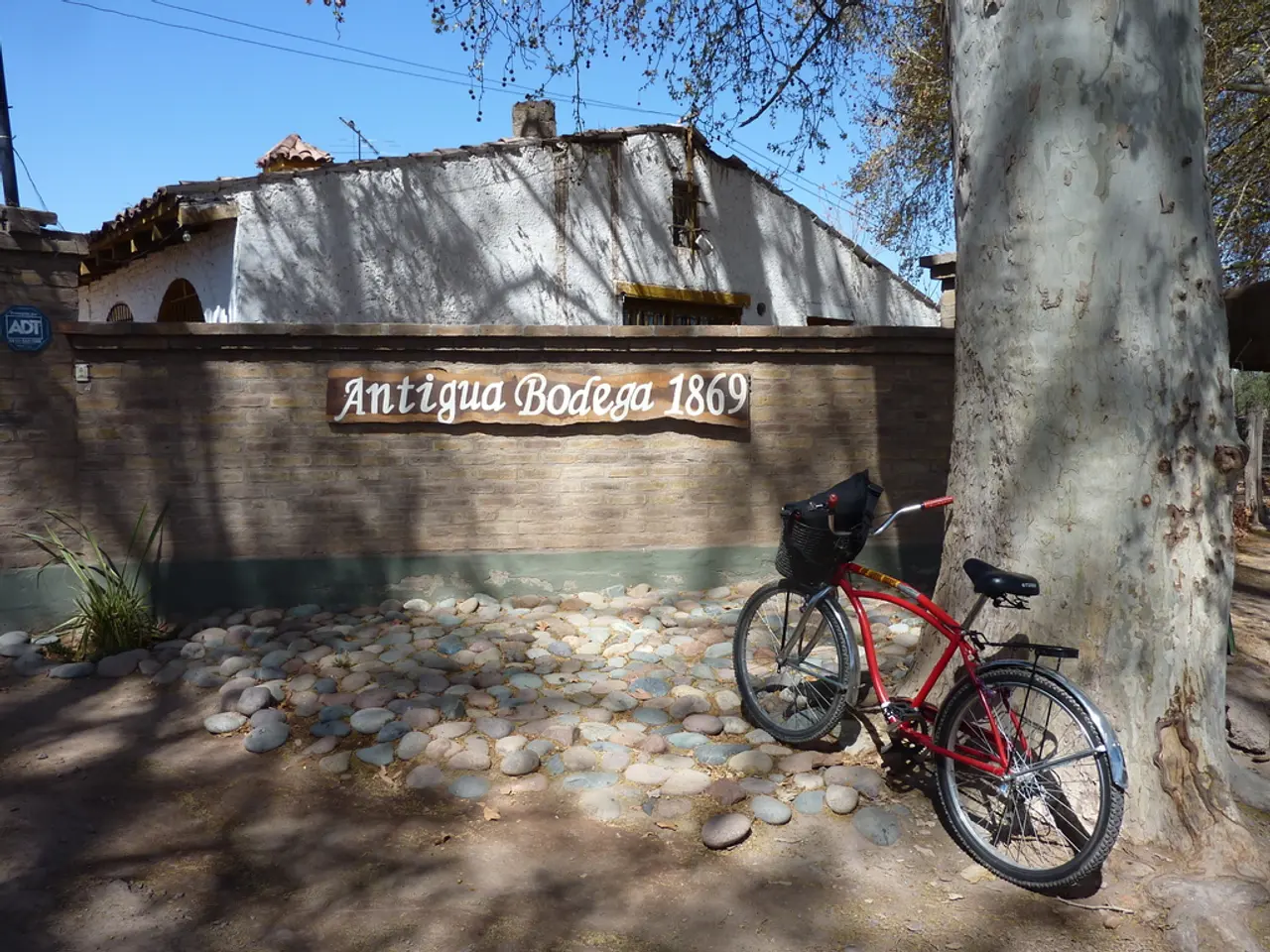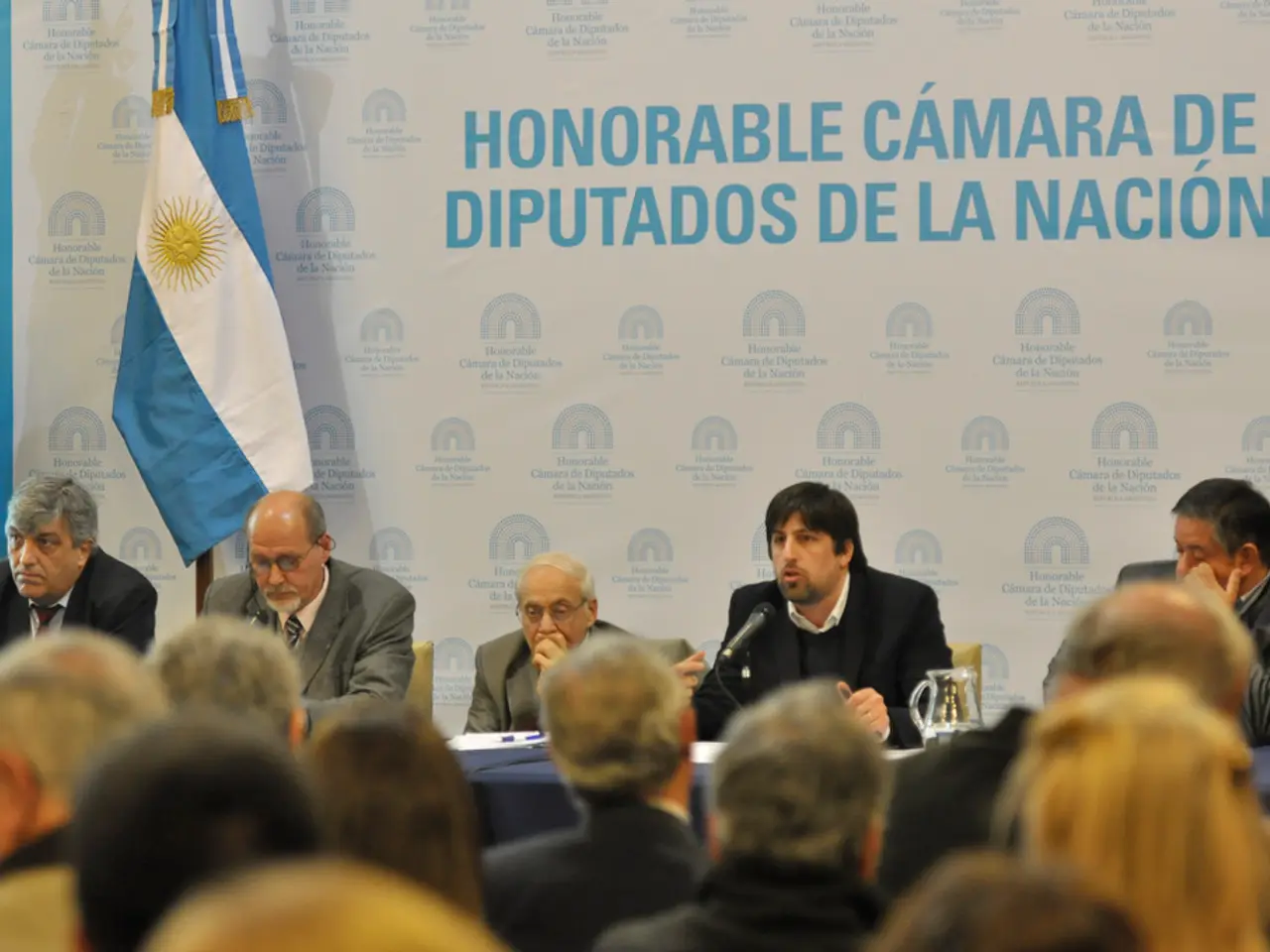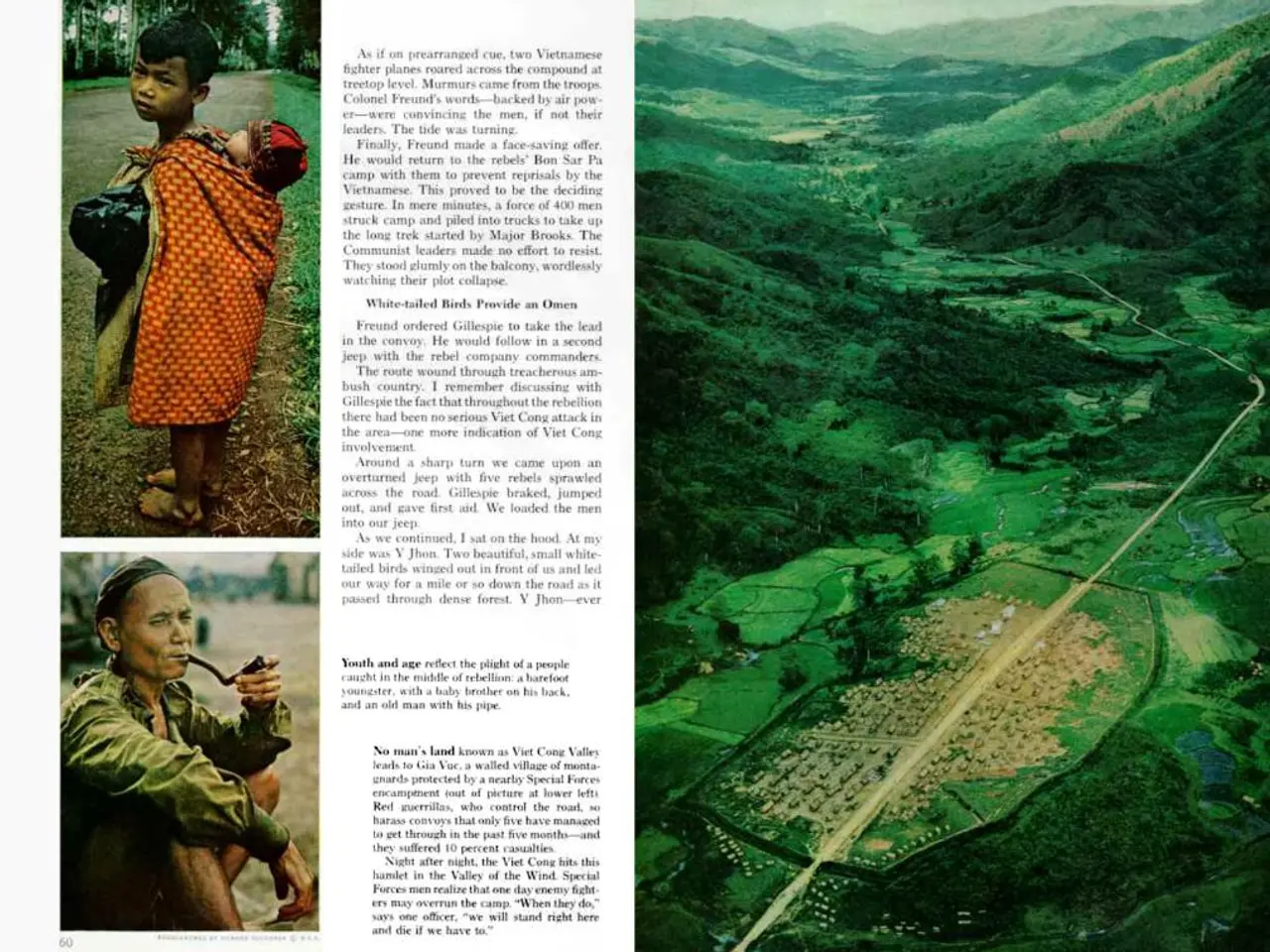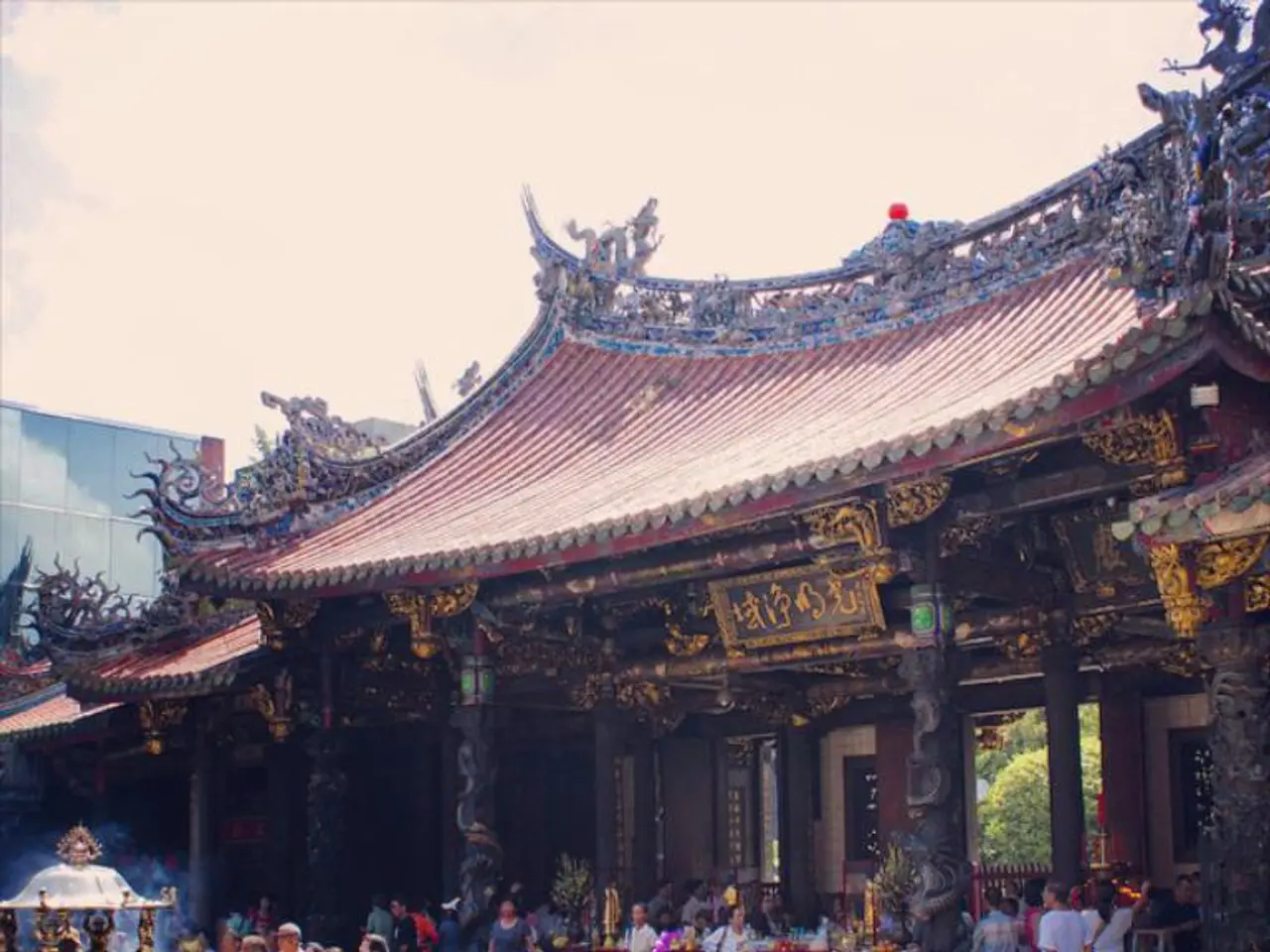Migratory Workforce in South Tyrol
The Institute for Contemporary History at the University of Innsbruck is currently spearheading a significant project titled "(Labor) Migration in South Tyrol since the Second Autonomy Statute". This research, which is not directly linked to the Institute, delves into the regional migration history of the past four decades in South Tyrol.
The project, located at the Institute for Contemporary History, University of Innsbruck, A-6020 Innsbruck, aims to analyze the complex system and effects of labor regulations, including public employment quotas linked to the autonomy statute, and how they shape the ethnic and linguistic coexistence in South Tyrol.
Prof. Mag. Dr. Dirk Rupnow, associated with the Institute for Contemporary History, University of Innsbruck, is the key figure leading this research. He can be reached at [email protected]. However, Prof. Mag. Dr. Annemarie Augschöll Blaschichler, who is a faculty member at the Free University of Bozen-Bolzano, is not associated with this project. Her contact email is [email protected], and her contact number is +39 0472 014191.
This project adopts a historical approach and integrates into regional contemporary history research. It provides a comprehensive examination of South Tyrol’s autonomy arrangement as a model for ethnic conflict resolution and minority rights protection. By exploring the long-term social, political, and demographic changes induced by the autonomy statutes—especially considering labor migration and employment quota policies—it enriches understanding of minority-majority dynamics in post-war Europe.
The project is funded by the Autonomous Province of Bolzano-South Tyrol and is part of a network linking with currently active international research activity. It also situates South Tyrol’s experiences within the context of international negotiations, transnational ethnic identity, and the development of autonomous governance structures, thereby advancing knowledge about contemporary historical processes related to ethnicity, migration, and autonomy in Europe.
The project is particularly interested in understanding the emergence of "new" minorities, such as migrant groups in South Tyrol, compared to the "old", autochthonous minorities. This research helps scholars understand the practical implementation and outcomes of autonomy in managing ethnic minorities, the role of employment and migration policies in shaping ethnic relations, and the historical evolution of South Tyrol’s status within Italy and its cross-border ties with Austria.
At the Institute for Contemporary History, University of Innsbruck, Assoc. Prof. Mag. Dr. Eva Pfanzelter (MA) is also associated with the project. She can be reached at [email protected] and +43 512 507-4408. The Free University of Bozen-Bolzano's Faculty of Educational Science, where Prof. Mag. Dr. Annemarie Augschöll Blasbichler is based, is located at Regensburger Allee 16, 39042 Brixen.
An image is associated with the (Labor) Migration in South Tyrol project, adding a visual dimension to the comprehensive study of South Tyrol’s labor migration history. This research is a significant contribution to the understanding of contemporary history, particularly in the context of ethnicity, migration, and autonomy in Europe.
[1]: Source for the project's focus and objectives. [2]: Source for the project's contributions to contemporary history research. [3]: Source for the project's exploration of long-term social, political, and demographic changes. [4]: Source for the project's situating of South Tyrol’s experiences within the context of international negotiations and transnational ethnic identity.
- The Institute for Contemporary History at the University of Innsbruck is undertaking a project titled "(Labor) Migration in South Tyrol since the Second Autonomy Statute", which is an in-depth analysis of the effects of labor regulations, ethnic and linguistic coexistence, and the emergence of new minorities in South Tyrol, within the context of international negotiations, transnational ethnic identity, and the development of autonomous governance structures.
- By examining the long-term social, political, and demographic changes induced by the autonomy statutes, this project enriches understanding of minority-majority dynamics in post-war Europe, particularly focusing on labor migration and employment quota policies, and contributes significantly to the understanding of contemporary history, especially in the context of ethnicity, migration, and autonomy in Europe.








